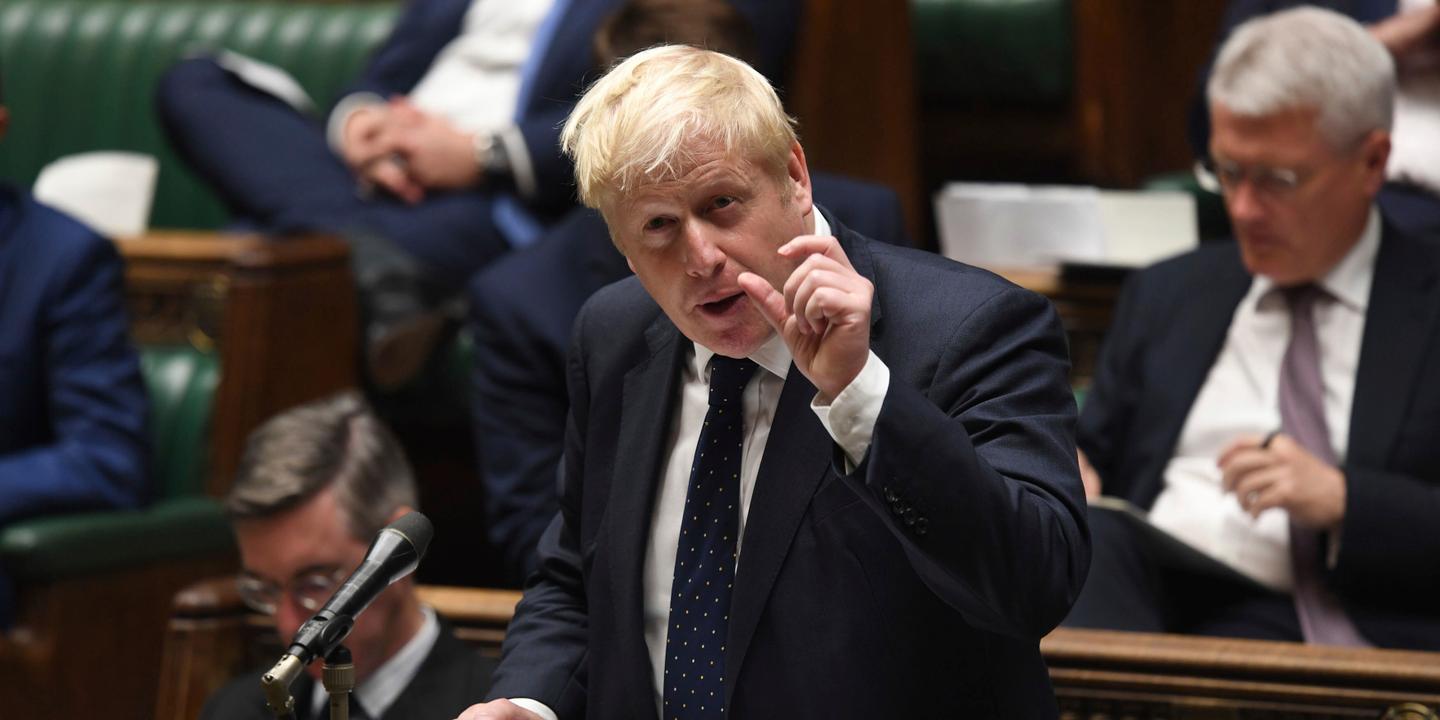How to get back in the saddle politically after a gloomy summer, a stalling vaccination campaign and a catastrophic withdrawal from Afghanistan? By attempting, as Boris Johnson did on Tuesday, September 7, a “Historic reform” of the English health and long-term care system. Even if it means alienating part of his camp and violating campaign promises in the process.
The British Prime Minister announced an unprecedented increase (+ 1.25%) in national insurance (National Insurance), a tax payable by employees and employers to finance the UK healthcare system. The sums it will generate – around 12 billion pounds a year, or nearly 14 billion euros – will go as a priority to bail out the NHS, the British public hospital, under extreme stress since the start of the pandemic. But they will also benefit the dependency sector, also in crisis, which is experiencing a structural shortage of staff and is proving too costly for many retirees.
“The NHS treated us when we needed it most”
“The NHS treated us when we needed it most. He heroically treated half a million Covid-19 patients, and administered more than 91 million vaccines. But the result of this extraordinary effort is a huge list of patients awaiting care. [au moins cinq millions], explained Mr Johnson on Tuesday from the House of Commons. Our addiction plan also aims to ensure that older people receive the best possible care without fear of incurring unbearable costs. Our NHS remains the pride of the UK and we will ensure it continues to be envied around the world. “
The leader had certainly solemnly promised, on his arrival at Downing Street in July 2019, a long-awaited reform and until then always postponed from dependency. But he also pledged, six months later, on the eve of the general elections in December 2019, not to increase taxes, while considerably upgrading pensions. On Tuesday, Boris Johnson also confirmed that pensions will not grow faster than inflation in 2022 – another provocative announcement, as manifestos (campaign pledges) are taken with the utmost seriousness in the UK.
But there is more serious for the proponents of conservative orthodoxy. Instead of trying to close the pandemic parenthesis (which gave rise to huge public spending to support the economy), Boris Johnson continues to challenge one of the main arguments of the Tory party in the management of the crisis: budgetary rigor. Among the most vehement, Marcus Fysh, chairman of the Economic Growth Group, a club of Conservative MPs, said ” alarm “ in the columns of Daily Telegraph, through “The socialist approach” of the government.
You have 49.25% of this article left to read. The rest is for subscribers only.
–


